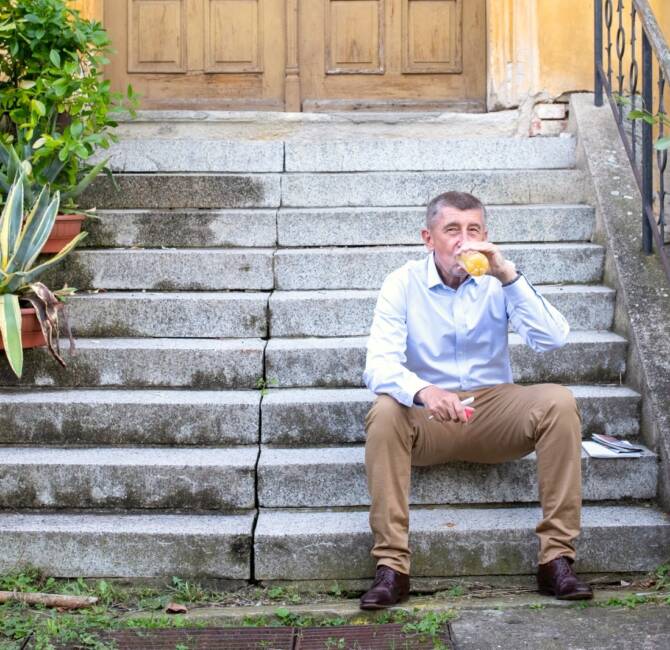Austria – On 6 October, the anti-corruption prosecutor’s office conducted searches at the headquarters of the Austrian People’s Party (Österreichische Volkspartei, ÖVP) and the free daily newspaper Österreich, but also at the Ministry of Finance and at the Austrian Federal Chancellery, something which had never happened before. Austria’s young political leader is suspected of having put into practice what his former vice-chancellor Hans-Christian Strache had only dreamed about in Ibiza, and the scandal quickly turned into a major government crisis.
The opposition had to put pressure on the Greens to force the Chancellor’s hand.
For the opposition, the script was simple and had been written in advance. It is the same script as is used everywhere as soon as a government party starts to become embroiled in a scandal. The SPÖ (socialists), the FPÖ (patriots) and the NeOs (liberals), which are usually at odds on everything, quickly found common ground when it came to asking for the chancellor’s resignation. The same demand had been expressed for months by numerous street protesters over health restrictions, but to no effect. This time, with the ÖVP still united behind its leader, the opposition quickly began to pressure the conservatives’ partners in the government coalition. When they were in opposition the Greens never ceased to denounce the “Kurz system”, with which they are now associated, so they could not easily refuse to bow to such pressure. The dilemma faced by the Greens was to support Kurz at the expense of their own reputation or to provoke a government crisis by ending the coalition. Vice-Chancellor Werner Kogler (Greens) was quick to call on the ÖVP to replace Sebastian Kurz as chancellor.
Kurz’s tactical retreat
At 7:30 p.m. on 9 October, Chancellor Kurz finally announced his resignation, saying: “You have all heard that criminal charges have been brought against me in recent days.
These accusations go back to 2016, they are false, and I am deeply convinced that I will be able to clear this up.
This is something that many leading politicians have already experienced, [in Austria], but also abroad.
What is different this time is that our coalition partner has decided to take a clear stand against me.
(…) Personally, I would also be grateful if the presumption of innocence in our country actually applied to everyone. (…) In this critical phase, I think it would be irresponsible to slide into months of chaos or gridlock.
It would be similarly irresponsible, in my view, to entrust governmental responsibility to a coalition of four parties [the SPÖ, FPÖ, Greens and NeOs, ed.], an experiment that ultimately also depends on Herbert Kickl [the FPÖ chairman, ed.].
(…) This is why, in order to break the deadlock, I would like to step aside to ensure that chaos is avoided and stability is guaranteed. I have asked the government team of the People’s Party to continue its work at all costs. And as chairman of the People’s Party, […] I have proposed [current Foreign Minister] Alexander Schallenberg to the Federal President as the new head of government.”
Kurz continues to pull strings in the ÖVP
On resigning as chancellor, Sebastian Kurz took the leadership of his party’s parliamentary group in the National Council (parliament), while Foreign Minister Alexander Schallenberg has now become Federal Chancellor of Austria. Apart from that, everything remains the same and the coalition with the Greens is still holding.
However, the coalition’s unity is only a façade, since it was only because the Greens were preparing to support the opposition’s no-confidence vote that the conservatives felt compelled to withdraw Sebastian Kurz, notwithstanding the fact that Kurz’s withdrawal has been only partial.
Indeed, as he has become chairman of the parliamentary group and has remained party leader, Kurz will continue to pull the strings in the ÖVP and perhaps even to lead the government from behind the scenes. SPÖ chairwoman Pamela Rendi-Wagner and FPÖ chairman Herbert Kickl are once again united in their condemnation of this state of affairs.




